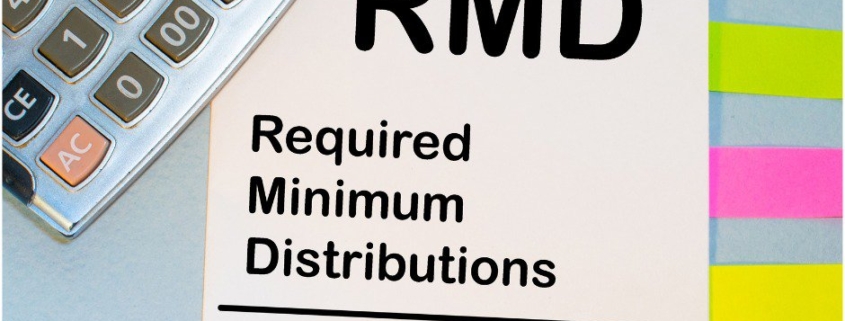Could Your 2023 IRA RMD Be Delayed?
- Find good news for IRA owners turning 72 in 2023!
- Find out why the due date for required minimum distributions has changed for those turning 72 in 2023.
- Learn about the 60-day rollover period.
- Find information about the extended rollover period lasting until September 30, 2023.
On July 14, 2023, the IRS issued Notice 2023-54 announcing that traditional IRA owners who will attain age 72 in 2023 (individuals born in 1951) will have to take their first required minimum distribution (RMD) by April 1, 2025, rather than April 1, 2024.
This delay in the required beginning date means that these IRA owners (who, before enactment in late December 2022 of the SECURE 2.0 Act, would have needed to take minimum distributions from their IRAs for 2023) will have no RMD due from their IRAs for 2023. Thus, the first distribution for these IRA owners that will be treated as an RMD will be for 2024, not 2023.

What does this mean for your RMD?
The significance of this for an individual having their 72nd birthday in 2023 is that IRA distributions in 2023 mischaracterized as 2023 RMDs will be eligible to be rolled back into their IRA account. Thus, the portion of the redeposited RMD will avoid tax in 2023. Tax law doesn’t allow IRA owners to roll over RMDs. So, this is why the IRS is identifying these distributions as mischaracterized RMDs and eligible for rollover.
The average period allowed for a rollover is 60 days from the time of the distribution. But to accommodate those who would have preferred not to take this mischaracterized distribution in 2023, the IRS extended the 60-day rollover period to September 30, 2023, for IRA owners and IRA owners’ surviving spouses.
There is also a 12-month waiting time between IRA rollovers. However, for the extended rollover period for mischaracterized distributions, the IRS will allow the rollover even if the IRA owner or their surviving spouse has rolled over a distribution within the last twelve months. However, making such a rollover of the mischaracterized IRA distribution would prevent the IRA owner or surviving spouse from rolling over another IRA distribution in the next twelve months.
Have questions? Call Fiducial at 1-866-FIDUCIAL or make an appointment at one of our office locations to discuss your situation.
Ready to book an appointment now? Click here. Know someone who might need our services? We love referrals!









